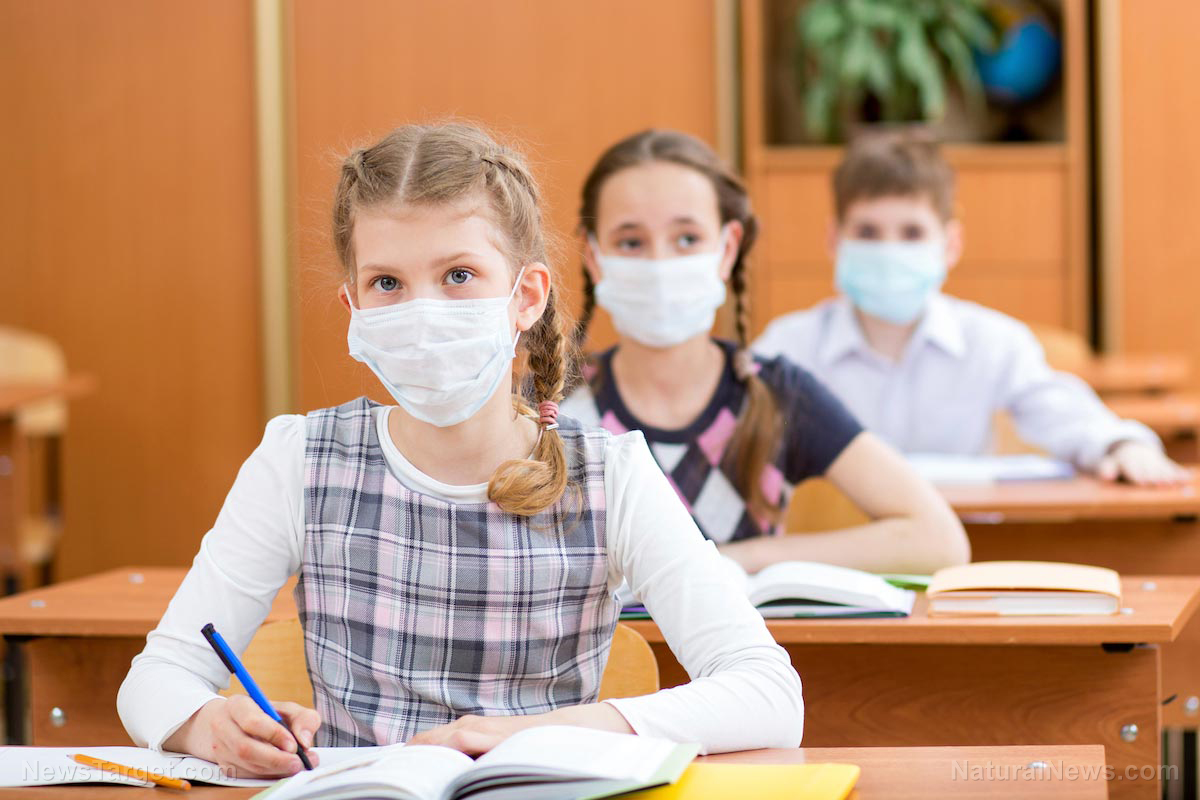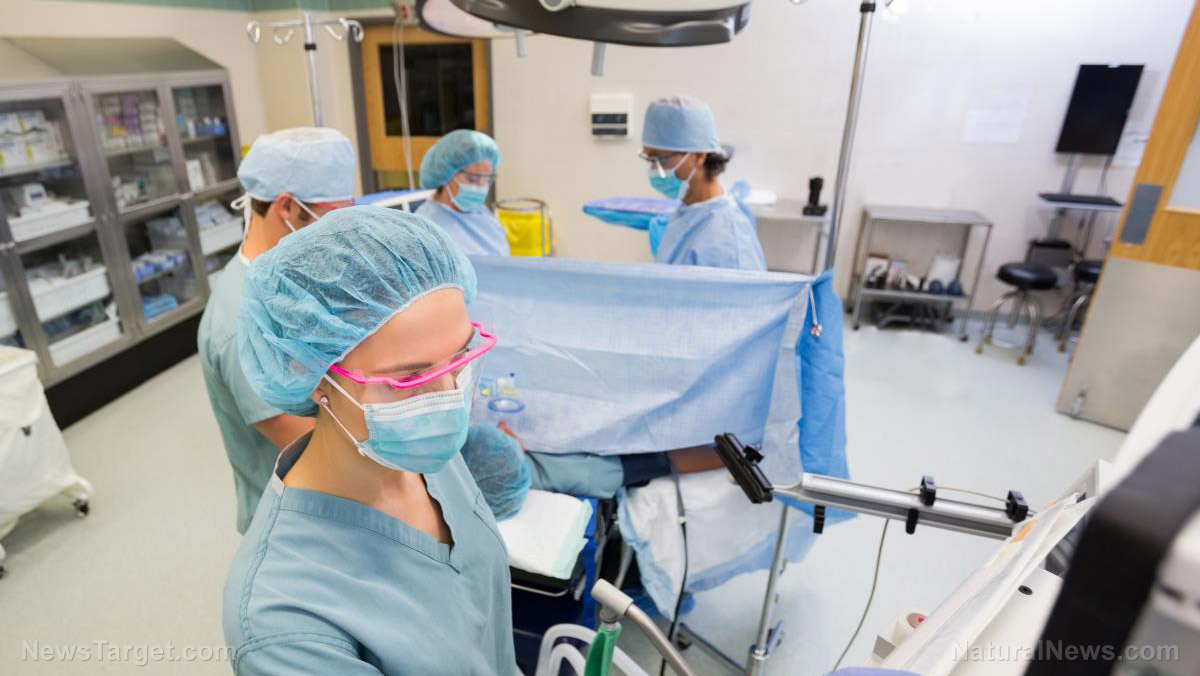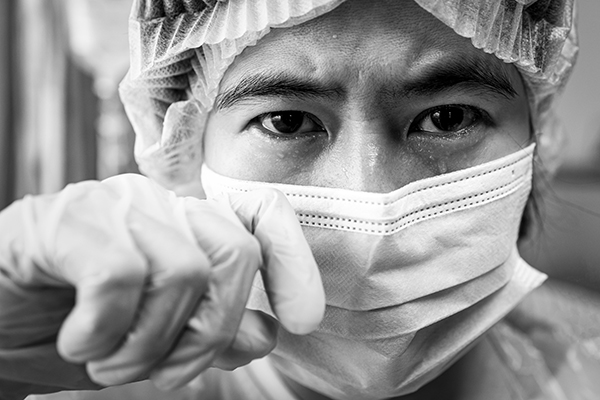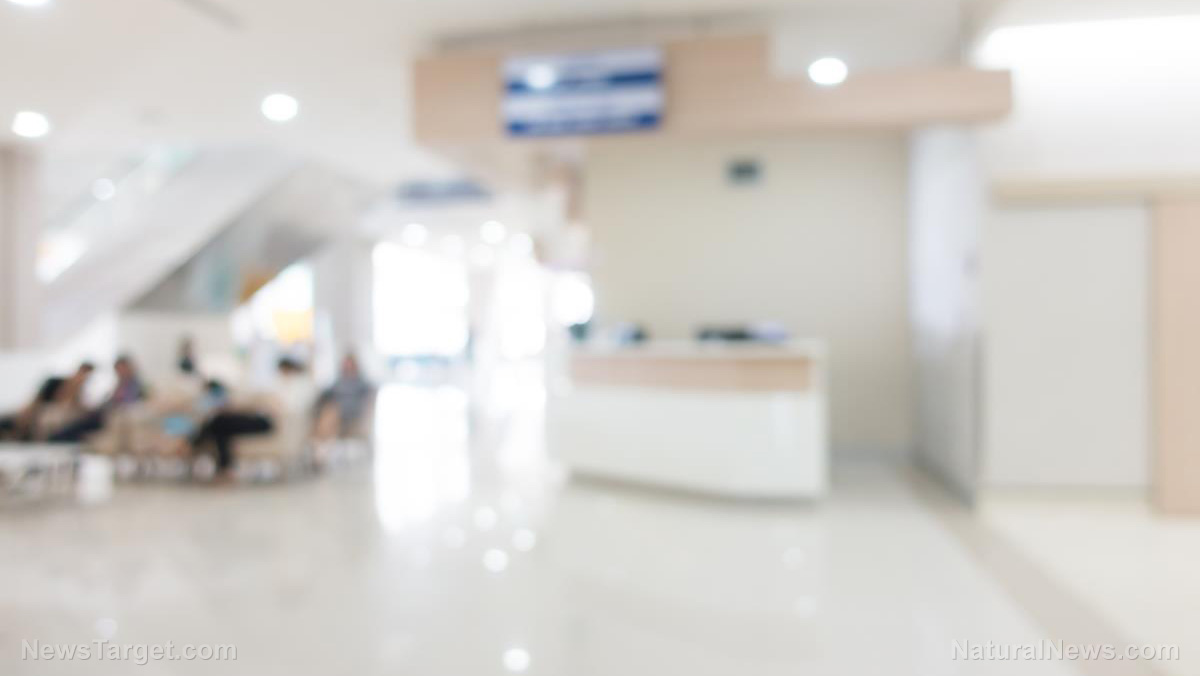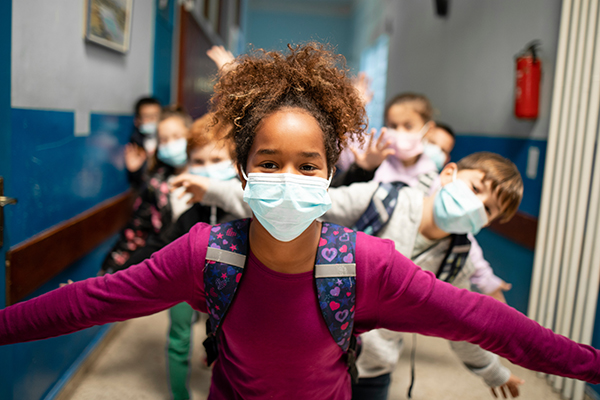Study: Excessive screen time during COVID-19 lockdowns impaired children’s sense of balance
12/08/2022 / By Belle Carter
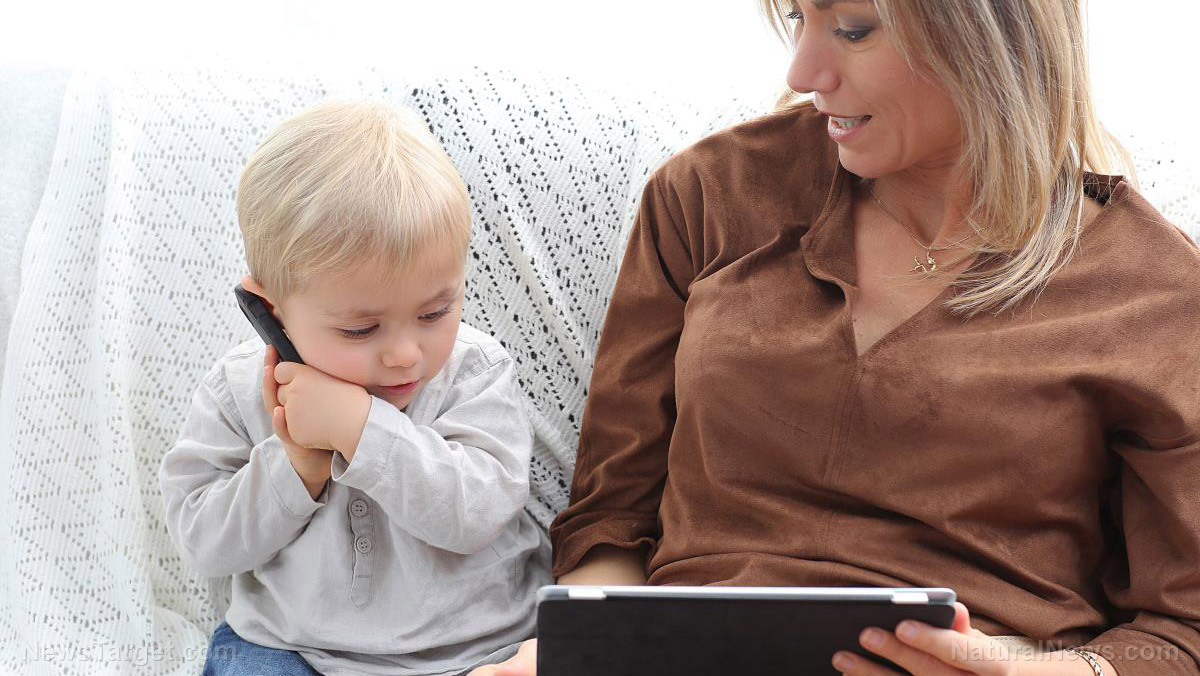
Lockdowns and school closures during the height of the Wuhan coronavirus (COVID-19) pandemic negatively affected children’s ability to balance, because they spent more time on electronic gadgets instead of outdoor physical activities.
Researchers from Nagoya University and the Aichi Prefectural Mikawa Aoitori Medical and Rehabilitation Center for Developmental Disabilities conducted a study that involved 60 Japanese children aged between nine and 15 years old.
The participants were first observed during the pre-pandemic period between January 2018 and March 2020. They were reduced to 40 during the second observation period, coinciding with the infection peak between June 2020 and June 2022.
The researchers measured the participants’ balance using the single-leg stance or one-legged stance test, which determines how long a child could remain standing on one leg with their eyes open. The study authors also performed the two-step test, where children are instructed to stand with their toes behind a starting line, take two large steps and then align both of their feet.
Their findings published September 2022 in the International Journal of Environmental Research and Public Health (IJERPH) stated that during the pandemic, children in the age cohort they observed were more likely to have decreased balance ability when moving. They also found that children scored markedly lower during the pandemic than before on both physical tests.
Lockdowns negatively affect kids in many ways
The authors also noted several observations among the participants – with children getting less sleep foremost among them. Aside from this, children’s average body fat rose to about 16 percent during the lockdowns. Prior to the stay-home orders, children only had an average of 13 percent body fat.
“Since the outbreak of [COVID-19] in Japan after April 2020, children have not been able to engage in sufficient physical education, sports activities and outdoor play at school,” lead study author and motion analysis expert Dr. Tadashi Ito commented. “It became clear that balance ability during movement was easily affected, lifestyle habits were disrupted, and the percentage of body fat was likely to increase.”
He also pointed out that though the research was done in Japan, it reflects the activities of many youth. (Related: Covid lockdowns weakened children’s immunity, resulting in record number of toddler hospitalizations.)
The damage caused by lockdowns are not limited to children, as even babies were affected. A separate study done in Ireland suggested that babies born during the country’s first COVID-19 lockdown were found to be slower to develop social communication skills than children born pre-pandemic. According to the research, they were less likely to be able to wave goodbye, point at things and know a “definite and meaningful word” by the time they turn one year old.
Nevertheless, the authors of the study assured parents that babies are resilient and inquisitive by nature, and are likely to bounce back given the right support. They noted that it could take years before they have a fuller picture of the lockdowns’ effects on children.
Pandemic.news has more stories about the negative effects of lockdowns on children’s health.
Watch Jefferey Jaxen and Del Bigtree in the video below as they talk about life after lockdown on “The HighWire.”
This video is from the Puretrauma357 channel on Brighteon.com.
More related stories:
60,000 British children suffer from depression due to COVID-19 lockdowns, study finds.
CDC knows lockdowns harm the mental health of children – but it supports them anyway.
Sources include:
Submit a correction >>
Tagged Under:
balance, children's health, covid-19, fitness, infections, Japan, lockdown, medical fascism, Medical Tyranny, outbreak, pandemic, physical activity, real investigations, research, Wuhan coronavirus
This article may contain statements that reflect the opinion of the author
RECENT NEWS & ARTICLES
Infections.News is a fact-based public education website published by Infections News Features, LLC.
All content copyright © 2018 by Infections News Features, LLC.
Contact Us with Tips or Corrections
All trademarks, registered trademarks and servicemarks mentioned on this site are the property of their respective owners.

